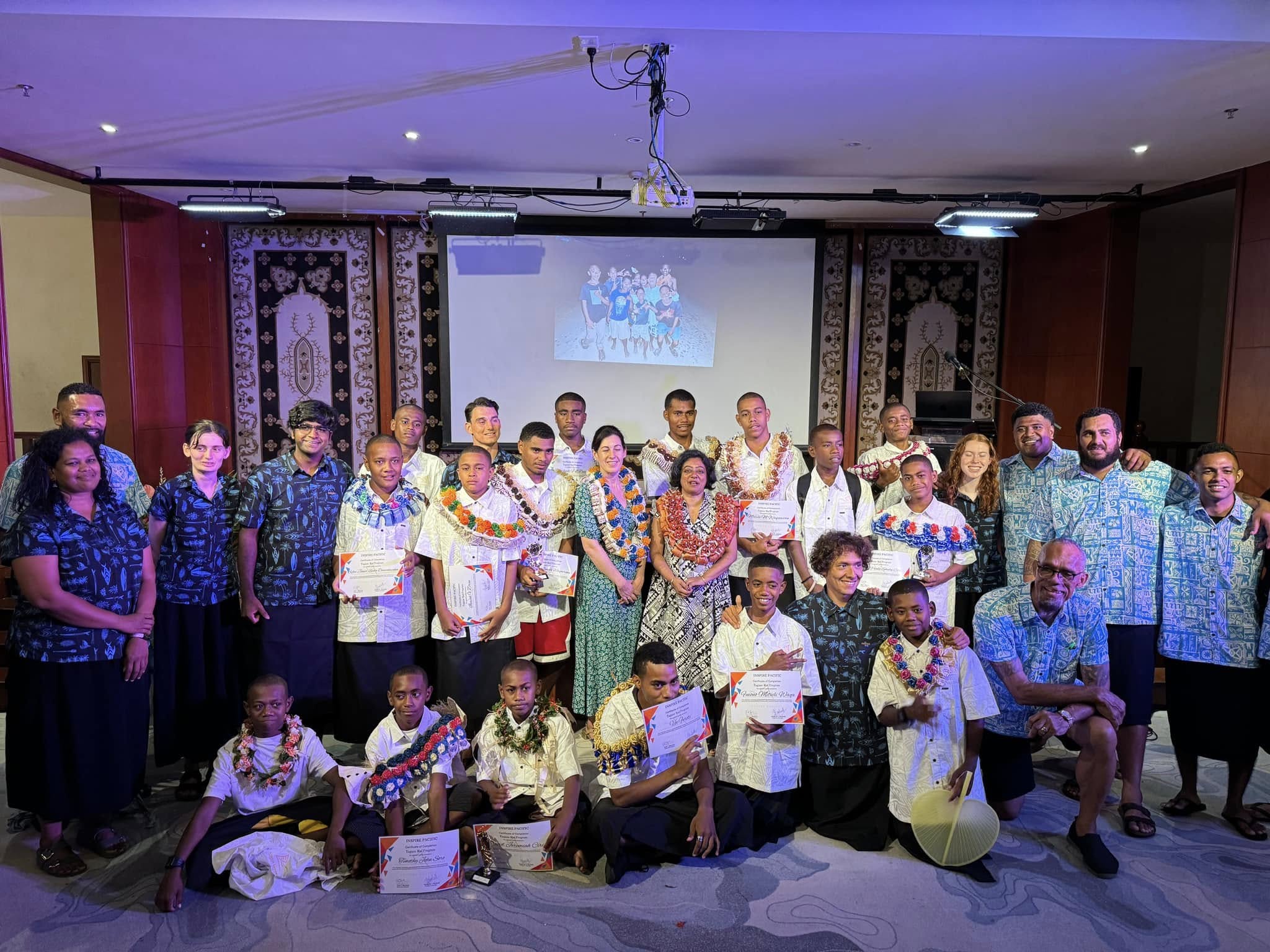
16 young men graduated from the Tagane Mai Program, a transformative four-month initiative designed to support at-risk youth and help them rebuild their lives.
These young men, most of whom have experienced hardships, including losing their way home and spending much of their lives on the streets, were recognized for their resilience and determination to overcome the challenges that have marked their past.
The program, run by Inspire Pacific, aims to empower young Pacific Islanders to become confident, capable, and successful members of society.
The Tagane Mai initiative is the first of its kind, and today’s graduation marks a significant milestone in the lives of these young men and the broader community.
The graduates, who have faced immense adversity, now stand as a testament to the power of community support, guidance, and education.
“They are young men with dreams, and while there’s a lot of news about all the problems with our young people we see dream and potential with these young men that we’re serving. Inspire Pacific is here as a program to help and support these young men and create an environment where they can discover their dreams”, Inspire Pacific Chair and Executive Director, Peni Morrison said.
Over the course of the program, they have worked through intense personal development, building not only their self-esteem but also gaining valuable life skills and educational training to help them thrive in the future.
Officiating at the event, Minister for Women, Children and Social Protection Sashi Kiran says she is overwhelmed with the work of Inspire Pacific.
“”Tagane Mai is creating support system for fathers, so I’m hoping that men will take up the challenge and we can create a pool of volunteers to see how they support this program, or how do we actually create more fathers to children”, she said.
The young men, ranging in age from 10 to 18, were given the opportunity to gain practical skills, receive mentorship, and participate in workshops aimed at developing their emotional intelligence and leadership abilities.
“These young men were referred to us by the Ministry of Social Welfare, we also have a few that we have been working with who are marginalized, specifically on the streets, some who have difficulties getting back to the school system, some who’ve come out of the juvenile center, there’s several way in which these boys were referred to us”, Morrison said.
“We’ve accepted them, rehabilitated them, and help them get back to the school system and get the support they need”, he added.
For many, this graduation represents more than just the completion of a program, but for these young men, it is a fresh start.